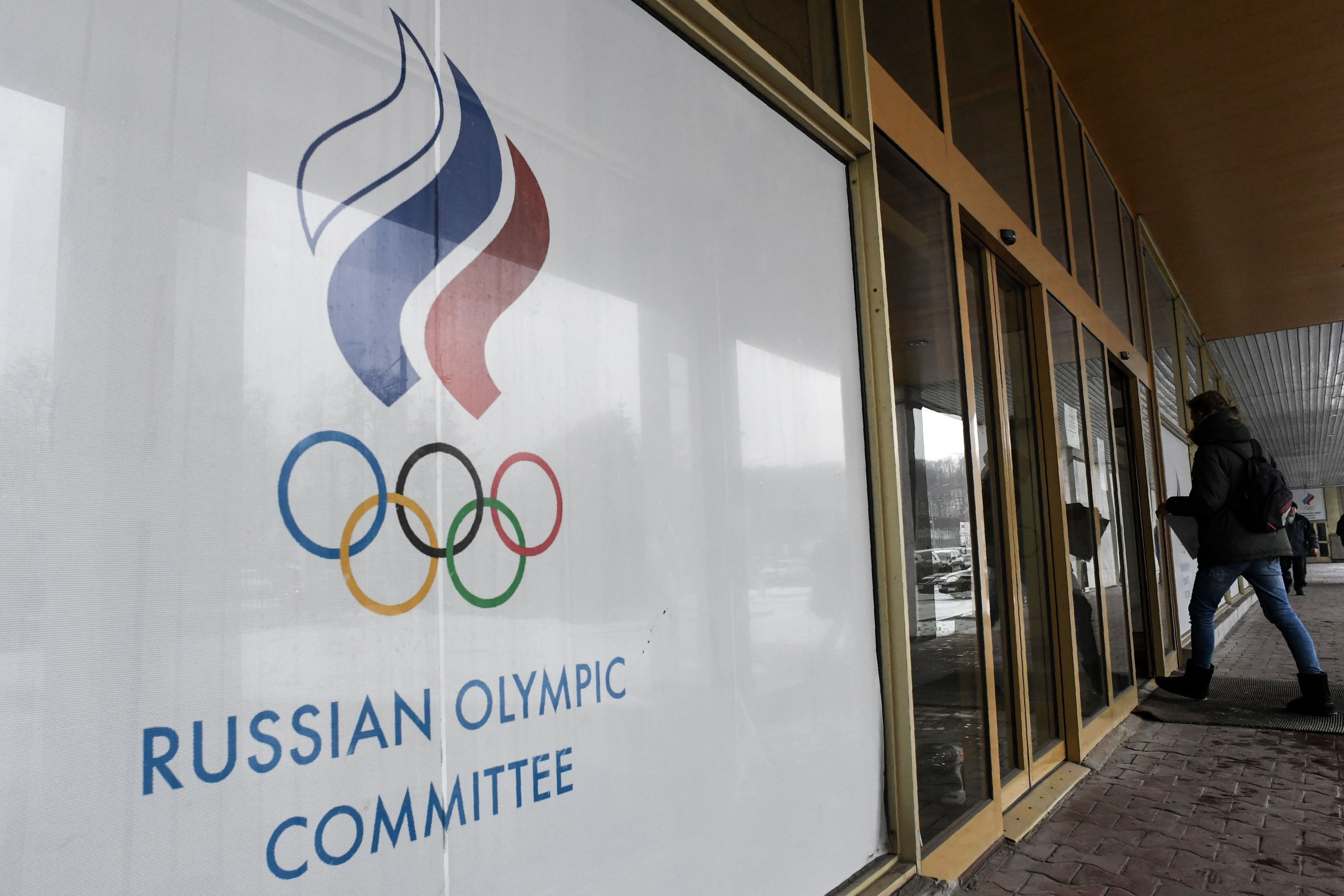Why are Russia and Belarus banned from the Paris Olympics?
A limited number of athletes from the two nations will compete at Paris 2024

Your support helps us to tell the story
From reproductive rights to climate change to Big Tech, The Independent is on the ground when the story is developing. Whether it's investigating the financials of Elon Musk's pro-Trump PAC or producing our latest documentary, 'The A Word', which shines a light on the American women fighting for reproductive rights, we know how important it is to parse out the facts from the messaging.
At such a critical moment in US history, we need reporters on the ground. Your donation allows us to keep sending journalists to speak to both sides of the story.
The Independent is trusted by Americans across the entire political spectrum. And unlike many other quality news outlets, we choose not to lock Americans out of our reporting and analysis with paywalls. We believe quality journalism should be available to everyone, paid for by those who can afford it.
Your support makes all the difference.Russian and Belarusian athletes will again be in the spotlight at Paris 2024 with their particpation at the Olympics controversial.
This is the fourth Games in a row that entrants from Russia have not been allowed to compete under their own flag, though their ban for widespread doping violations has now ended.
The absence of the Russian Olympic Committee (ROC) from this Olympics instead comes because of Moscow’s invasion of Ukraine in February 2022.
The International Olympic Committee (IOC) condemned the act at the time, saying that the Olympic Truce had been breached and forbidding athletes from Russia and Belarus, a close ally of Vladimir Putin’s government, from competing.
No state officials from either nation will be welcome at the Games. The ROC has been suspended from the IOC, with the suspension upheld after an appeal to the Court of Arbitration for Sport earlier this year.
However, a number of Russian and Belarusian athletes will still compete in the French capital.

The suspension does not prevent an individual athlete from competing, with the IOC giving individual sports the ability to decide whether they allow them to compete as neutrals provided they meet eligibility criteria set. Some sports, like athletics, have imposed a blanket ban on Russians and Belarusians since the invasion.
The number of entrants from the two nations in other sports will be greatly reduced from the last Olympics. The ROC fielded 335 athletes in Tokyo, but just 15 are currently scheduled to compete in Paris. A number of athletes have turned down invitations to compete under a neutral flag. The Belarusian contingent numbers 17, down from 101 three years ago.
Among the highest profile athletes competing from the two nations are Russian tennis player Daniil Medvedev, winner of the US Open in 2021, and Belarus’ defending trampoline champion Ivan Litvinovich.

At the Olympics, they will compete as “AIN” athletes — the initialism stands for Athlete Individuel Neutre, French for individual neutral athlete with AIN both the acronym and IOC country code. A teal flag has been designed to be raised at a medal ceremony if required.
The IOC has also produced an independent anthem, with no lyrics, to be played for any Russian or Belarusian gold medal winners. They will also not be involved in the opening ceremony.
But their participation at all has been criticised. Ukrainian President Volodymyr Zelensky accused the IOC of showing that “terror is somehow acceptable” in January of last year.
Join our commenting forum
Join thought-provoking conversations, follow other Independent readers and see their replies
Comments